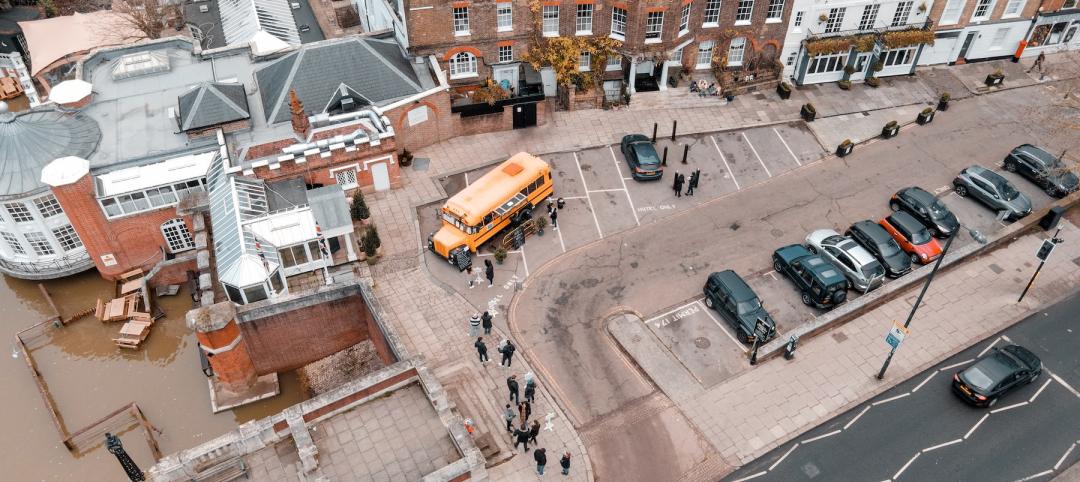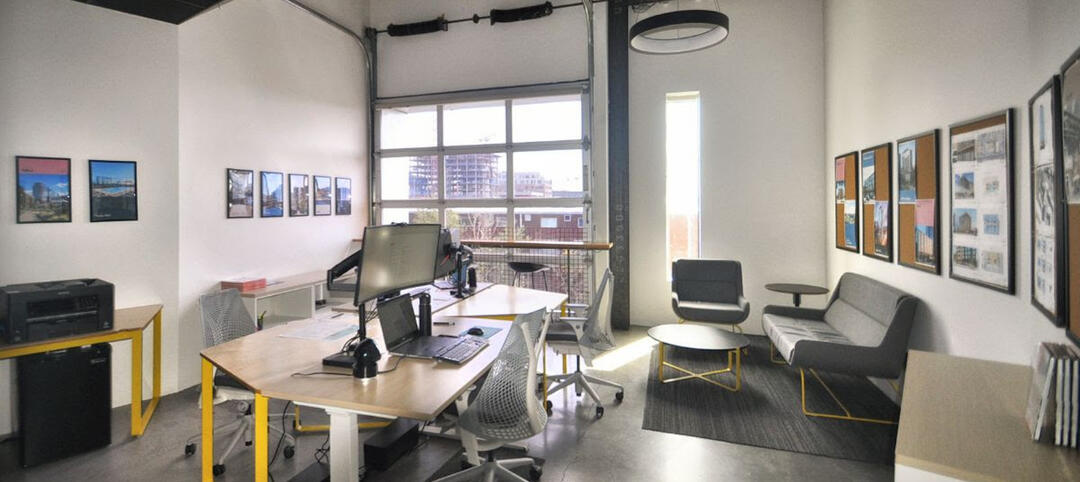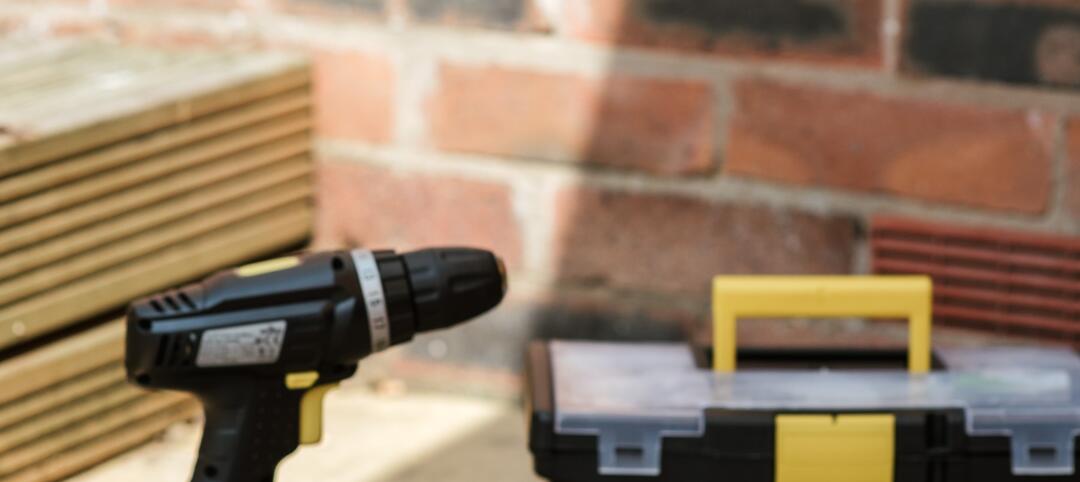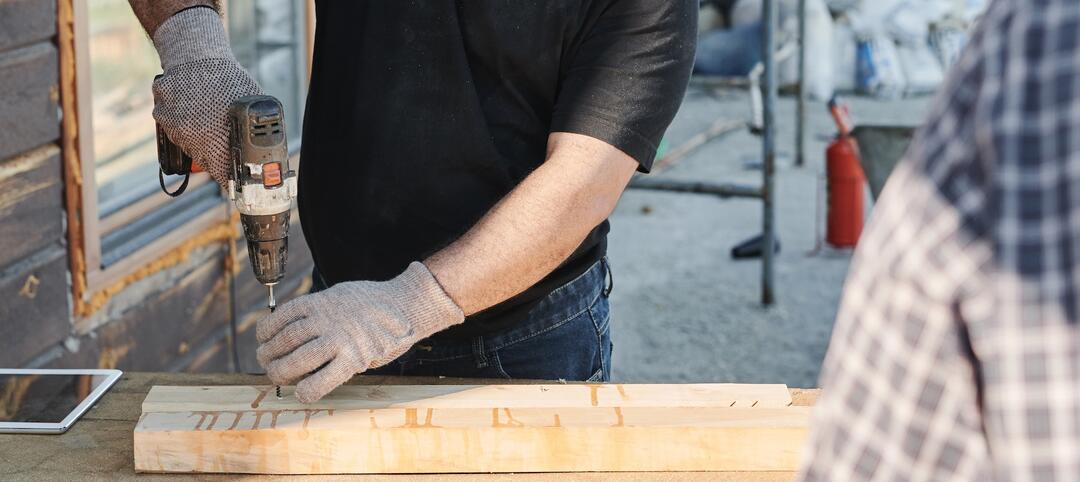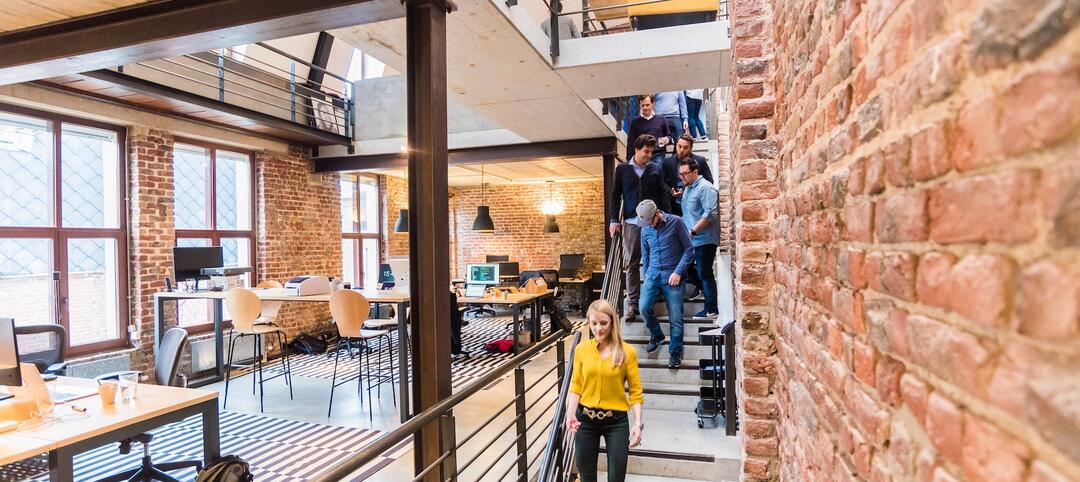Nonresidential construction spending dipped in February, falling 1.4% on a monthly basis according to analysis of U.S. Census Bureau data released by Associated Builders and Contractors (ABC).
Spending in the nonresidential sector totaled $690.3 billion on a seasonally adjusted, annualized basis in February. While this represents a step back from January's figure of $700.3 billion (revised down from $701.9 billion), it is still 1.5% higher than the level of spending registered in December 2015 and 10.1% higher than February 2015.
"February's weather was particularly harsh in certain parts of the country, including in the economic activity-rich Mid-Atlantic region, and that appears to have had an undue effect on construction spending data," ABC Chief Economist Anirban Basu said. "February data are always difficult to interpret, and the latest nonresidential construction spending figures are no different. Seasonal factors have also made state-level data very difficult to interpret.
"Beyond meteorological considerations, there are other reasons not to be alarmed by February's decline in nonresidential construction spending," Basu said. "Today's positive construction employment report indicates continued economic growth. Moreover, much of the decline in volume was attributable to manufacturing, but the ISM manufacturing index recently crossed the threshold 50 level, indicating that domestic manufacturing is now expanding for the first time in seven months."
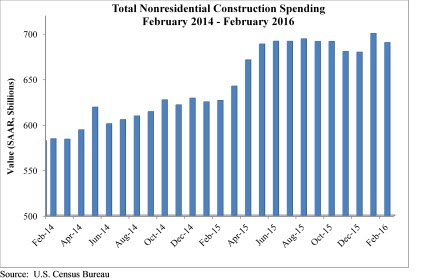
Eight of the 16 nonresidential subsectors experienced spending decreases in February, though almost half of the total decline in spending is attributable to the 5.9% decline in manufacturing-related spending.
The following 16 nonresidential construction sectors experienced spending increases in February on a monthly basis:
- Spending in the amusement and recreation category climbed 0.4% from January and is up 13.7% from February 2015.
- Lodging-related spending is up 0.4% for the month and is up 30.1% on a year-ago basis.
- Water supply-related spending expanded 1.9% on a monthly basis and 3.2% on a yearly basis.
- Spending in the office category grew 3.8% from January and is up 25.3% on a year-ago basis.
- Transportation-related spending expanded 0.5% month-over-month and 5.8% year-over-year.
- Health care-related spending expanded 2% from January and is up 3.3% from February 2015.
- Public safety-related spending is up 1.8% for the month, but is down 5.3% for the year.
- Commercial-related construction spending inched 0.1% higher for the month and grew 11% for the year.
Spending in eight of the nonresidential construction subsectors fell in February on a monthly basis:
- Educational-related construction spending fell 2.4% from January, but has expanded 8.5% on a yearly basis.
- Communication-related spending fell 15% month-over-month, but expanded 11.8% year-over-year.
- Spending in the highway and street category fell 2% from January, but is 24.5 higher than one year ago.
- Sewage and waste disposal-related spending fell 2.4% for the month, but is up 2.3% for the year.
- Conservation and development-related spending is 4.6% lower on a monthly basis and 16.8% lower on a year-over-year basis.
- Spending in the religious category fell 4% for the month and is up just 0.7% for the year.
- Manufacturing-related spending fell 5.9% on a monthly basis and is up only 0.8% on a yearly basis.
- Spending in the power category fell 0.6% from January, but is 4.8% higher than one year ago.
Related Stories
| Sep 30, 2022
Manley Spangler Smith Architects partners with PBK in strategic merger
Manley Spangler Smith Architects (MSSA), a Georgia-based, full-service architectural firm specializing in educational and municipal facilities, announced today a significant development aimed at increasing its capabilities, expertise, and suite of services.
| Sep 30, 2022
Lab-grown bricks offer potential low-carbon building material
A team of students at the University of Waterloo in Canada have developed a process to grow bricks using bacteria.
| Sep 29, 2022
FitzGerald establishes Denver office
The new location bolsters FitzGerald’s nationwide reach and capitalizes on local expertise and boots-on-the-ground to serve new and existing clients seeking to do business in Denver and the Front Range, as well as the Southwest United States, California, and Texas.
| Sep 28, 2022
New digital platform to foster construction supply chains free of forced labor
Design for Freedom by Grace Farms and the U.S. Coalition on Sustainability formed a partnership to advance shared goals regarding sustainable and ethical building material supply chains that are free of forced labor.
| Sep 27, 2022
New Buildings Institute released the Existing Building Decarbonization Code
New Buildings Institute (NBI) has released the Existing Building Decarbonization Code.
| Sep 23, 2022
High projected demand for new housing prompts debate on best climate-friendly materials
The number of people living in cities could increase to 80% of the total population by 2100. That could require more new construction between now and 2050 than all the construction done since the start of the industrial revolution.
| Sep 23, 2022
Central offices making a comeback after pandemic
In the early stages of the Covid pandemic, commercial real estate industry experts predicted that businesses would increasingly move toward a hub-and-spoke office model.
| Sep 22, 2022
Gainesville, Fla., ordinance requires Home Energy Score during rental inspections
The city of Gainesville, Florida was recently recognized by the U.S. Dept. of Energy for an adopted ordinance that requires rental housing to receive a Home Energy Score during rental inspections.
| Sep 21, 2022
New California law creates incentive for installing outdoor dining safety barriers
A new California law provides an incentive for commercial property owners to install barriers to protect outdoor diners.
| Sep 21, 2022
Demand for design services accelerates
Demand for design services from U.S. architecture firms grew at an accelerated pace in August, according to a new report today from The American Institute of Architects (AIA).



